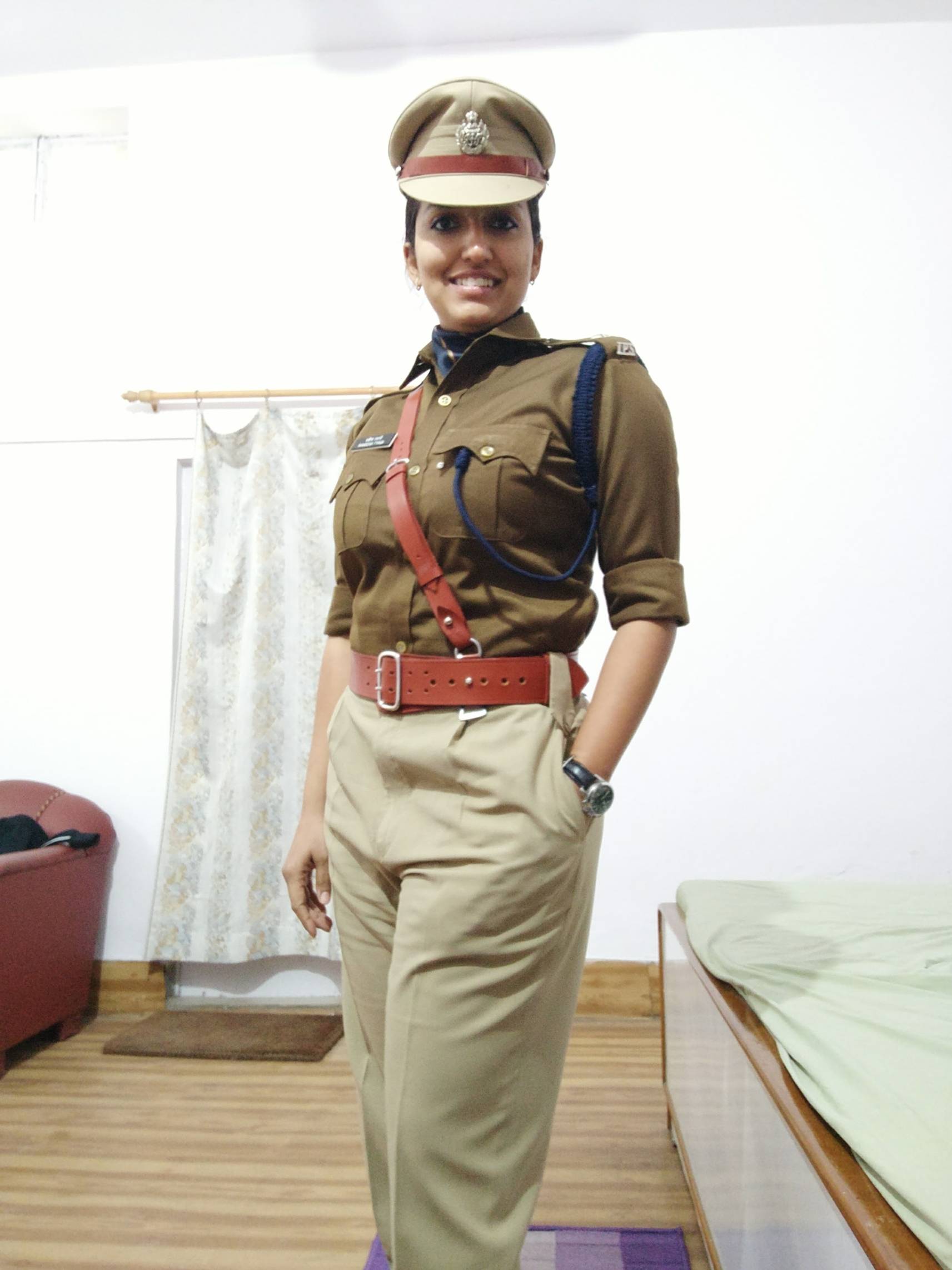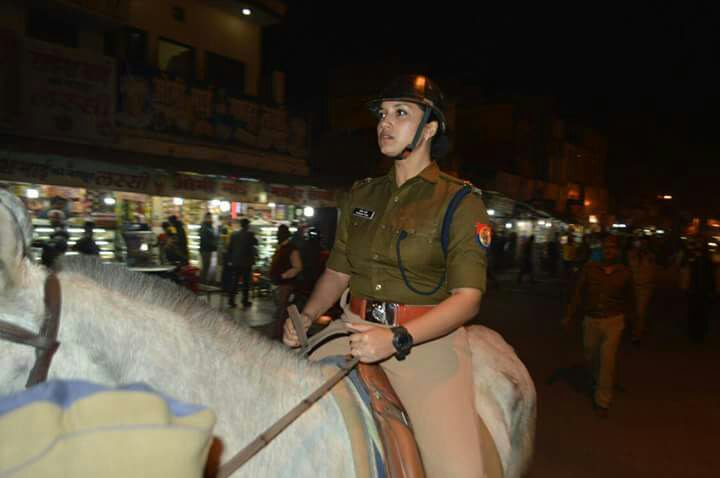Negative Marking to Memory Techniques: IPS Officer Shares Tips to Crack UPSC Prelims
Mock tests to memory hacks, time management to negative marking — IPS officer Raveena Tyagi reveals key tips to help UPSC CSE aspirants crack prelims with ease.

On 27 June 2021, the Union Public Service Commission (UPSC) will conduct the preliminary Civil Service Examination (CSE). With over 10 lakh candidates having appeared for the exam last year, the number is only likely to increase this year.
With an All India Rank of 170, Indian Police Service (IPS) officer Raveena Tyagi is from the 2014 batch and shares tips and strategies that worked for her while preparing for this competitive exam. In particular she discusses how to make notes, what resource material to use, and how to use time effectively.
Don’t be misguided
While the market is flooded with books and resource materials for UPSC preparation, it is best to stick to the standard books for each subject. Raveena says, “Pick any standard book available in the market and re-read it rather than investing in multiple books.” She adds, there is no 100 per cent solution to this, since every book will have some plus and minus points.
“Work on making your foundation and basic concepts very clear,” she adds. The UPSC examination is a test of personality more than your knowledge and therefore being able to express yourself in the mains and interview is a very crucial requirement. “So, while you spend time on books, also find ways to enhance your communication and presentation skills,” says Raveena.
Make mock tests your best friend

“One nagging question that most aspirants deal with is when to start giving mock tests,” says Raveena. She says that one should not wait until the entire syllabus is completed to start attempting mock tests. “Do it as and when you complete a certain portion of a subject,” she says. From the point of view of clearing the prelims, Raveena says that no matter what book you choose to follow, once you revise a certain portion, simultaneously attempt a mock test as well to reinforce all that you have learnt.
It will be prudent for aspirants to attempt between 50 to 80 mock tests before the prelims. “This will be more beneficial than spending time revising your syllabus multiple times. You should rather revise twice or thrice and spend the rest of their time attempting mock tests,” says Raveena. For these tests, there are various coaching institutes that prepare the same, Raveena suggests that aspirants attempt a minimum of two mock test series from different institutes, to give them a different perspective. One does not necessarily have to spend money for this, there are free online mock tests also available for aspirants. “Try and spend every alternate day solving mock tests,” says Raveena.
Learn to use time judiciously
One must set aside close to eight hours for attempting and then analysing the mock tests. “Two hours to attempt the mock tests, in which, ideally, aspirants should try and re-create the same atmosphere that the prelims exam will have and then another four to five hours to thoroughly study the solutions,” she says. It is important that aspirants not just go through the solutions but spend time studying them thoroughly.
She adds yet another important tip here, and says, “Always remember that while attempting the mock tests, your percentage of wrong/negative answers should not exceed 20 per cent in total. You also need to mark at least 60 right answers to be able to clear the prelims.” Aspirants must strive to get the negative answers down with every new attempt. It is also important to keep track of time while attempting the mock tests. Raveena says, “Look at giving each question not more than six minutes and forty seconds each. Keep this in mind while preparing for the mains.”
Use the power of visualisation

Given the vast syllabus and the amount of content and resource material that aspirants tend to consume during their preparation time, Raveena says that trying to use various tools and techniques to remember important data points might help. She says, “I would often make pictorial representations, flowcharts and even followed the mnemonic technique [a tool that helps remember certain facts or large amounts of information. They can be in the form of a song, rhyme, acronym, image, phrase or sentence] to remember important points.”
It is most important for aspirants to take utmost care of their health. For this it is advisable that aspirants get the required number of sleep/rest hours and also focus on getting some sort of physical exercise done each day. “Concentrate on good sleep, nutrition, and your health to maximise the benefit of all your hard work,” says Raveena.
(Edited by Yoshita Rao)
If you found our stories insightful, informative, or even just enjoyable, we invite you to consider making a voluntary payment to support the work we do at The Better India. Your contribution helps us continue producing quality content that educates, inspires, and drives positive change.
Choose one of the payment options below for your contribution-
By paying for the stories you value, you directly contribute to sustaining our efforts focused on making a difference in the world. Together, let’s ensure that impactful stories continue to be told and shared, enriching lives and communities alike.
Thank you for your support. Here are some frequently asked questions you might find helpful to know why you are contributing?


This story made me
-
97
-
121
-
89
-
167











